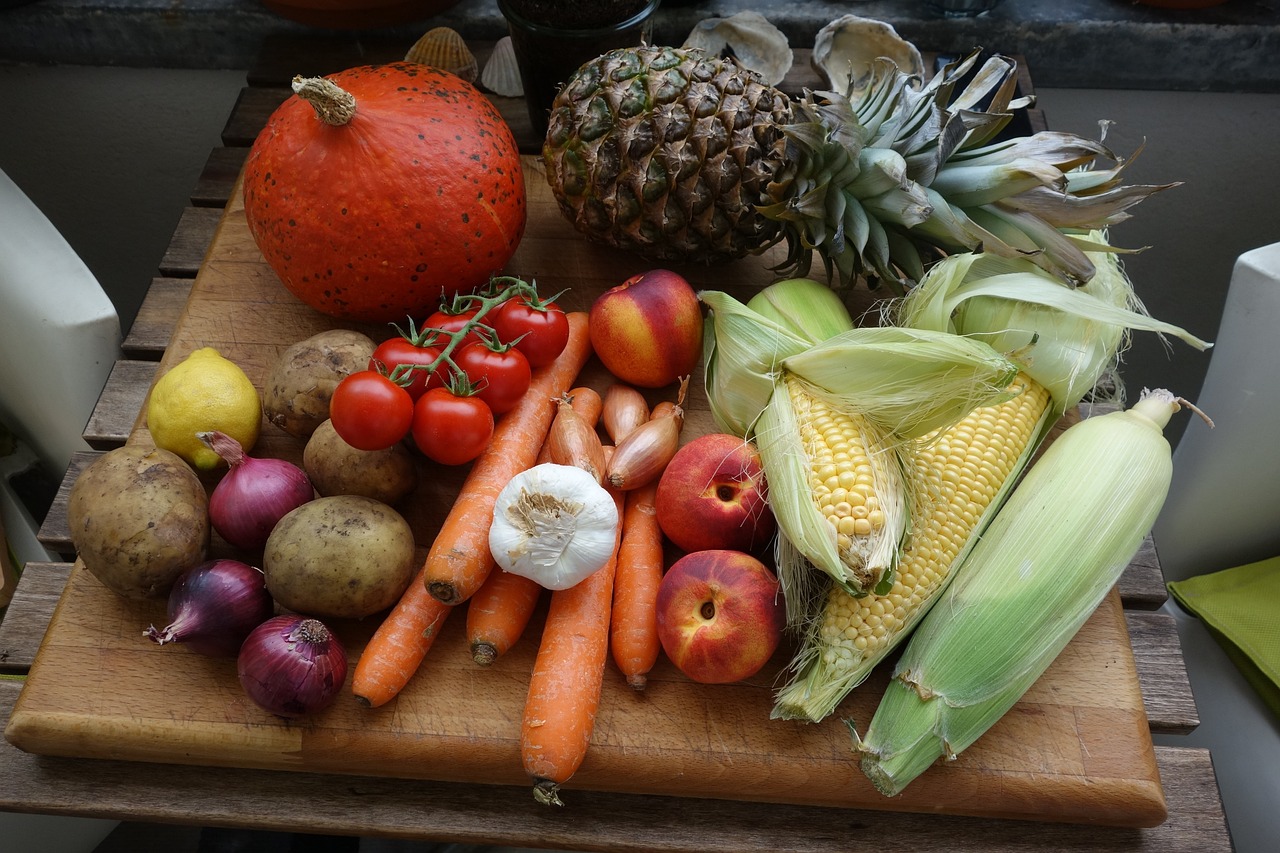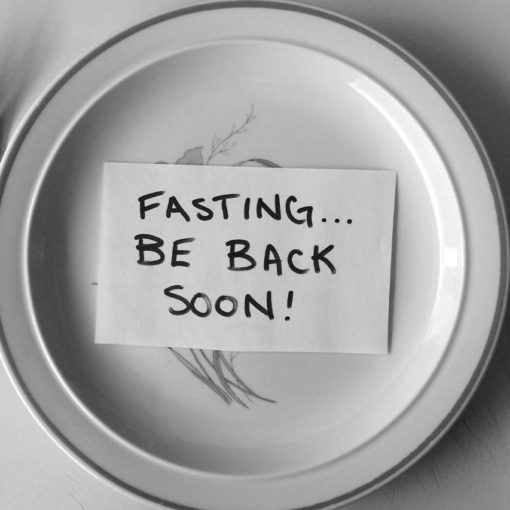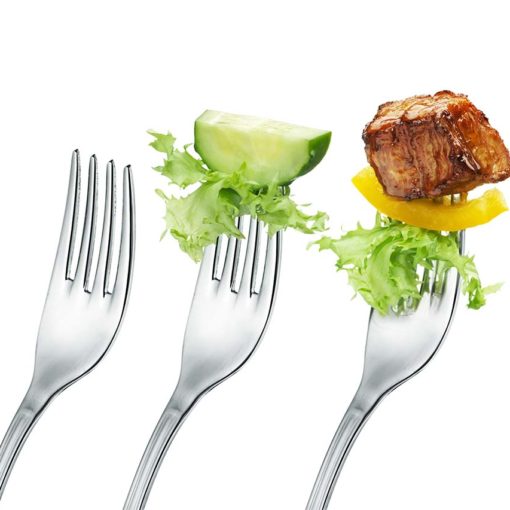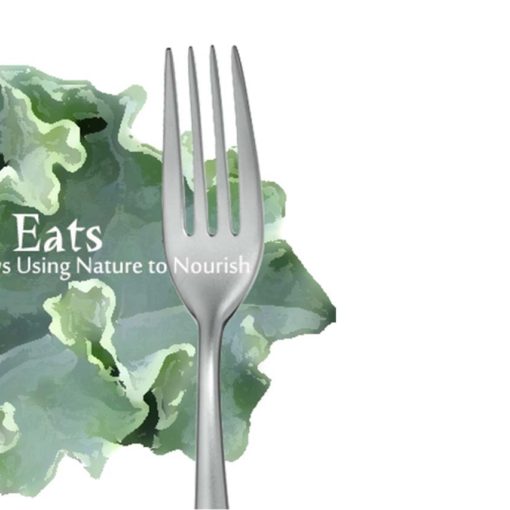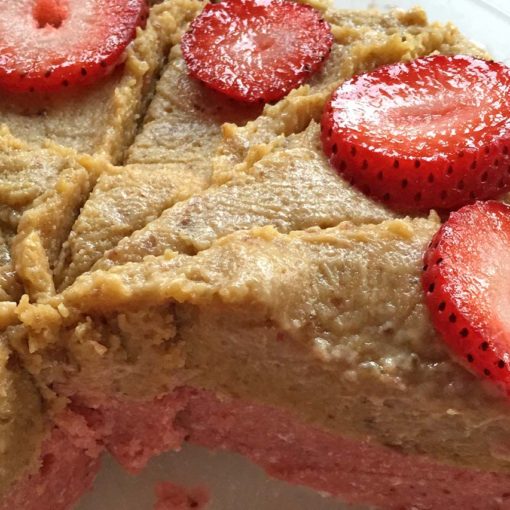Podcast: Play in new window | Download (Duration: 16:44 — 14.3MB)
Subscribe and don't miss an episode! Apple Podcasts | Spotify | Android | iHeartRadio | Deezer | RSS
It might not be a sexy topic, but the value of fiber is preventive medicine! In this Navigating Nourishment podcast, Wendy and Debbie discuss the importance of fiber in our diet, highlighting its various health benefits, including preventing constipation, lowering cholesterol, promoting gut health, and providing prebiotics. They emphasize the importance of increasing fiber intake through whole foods, a gradual approach, and tracking fiber intake to maintain optimal health resilience.
Link to the Grams of Fiber in Foods
Transcript
Wendy 00:00
Welcome to Navigating Nourishment. We are national board certified health and wellness coaches. And we know everybody wants to look feel and perform their best – your hosts included. And so on today’s Navigating Nourishment podcast, we’re going to be talking about fiber, the preventive medicine. We all know that fiber is good for us – but because we don’t lump it in with carbs, proteins and fats, we often forget about it. So we want to highlight the benefits of fiber and how good it is for us.
Debbie 00:37
In doing a little bit of research for this podcast, of course, it reminded me and probably you too, Wendy, I can still add more fiber! We defiantly benefit from these podcasts, too. So today, we’re going to be talking about how fiber is considered a preventive medicine because of its many health benefits.
Wendy 01:01
The definition of fiber: a type of carbohydrate that the body can’t digest. And we’ll dive into that a little bit more,
Debbie 01:11
There are three types, you might know two, but there are three: soluble fiber, insoluble fiber, and prebiotic fiber.
Wendy 01:21
We’re just going to drive home the importance of fiber in our overall diet, and how we will all be eating more fruits and vegetables and nuts and whole grains after this podcast.
Adequate hydration is crucial when increasing fiber, water helps fiber move through digestive system.
Debbie 01:33
Right after this podcast probably because it’s going to be lunchtime for me. So let’s dive into those benefits. The one that’s most obvious, and the one most people think about probably is our digestive health and fiber adds bulk to our stool, it makes it easier to pass our bowel movements, which prevents constipation, obviously. But it also absorbs water. And so if you have loose stools and you’re on the other side of constipation, fiber helps absorb water to solidify our stools. So it’s good either way.
Wendy 02:07
And I wanted to jump in here too, and just say that many people define constipation as not having a bowel movement every single day. There might be some controversy about that, because we are all individuals. Most people who don’t have a bowel movement every day are constipated.
Debbie 02:31
Right, and it doesn’t always mean that you’re uncomfortable, it just might mean that you’re backed up. And that might not necessarily be uncomfortable.
Wendy 02:39
Fiber helps reduce the risk of hemorrhoids, diverticular disease, and colorectal cancer.
Debbie 02:50
I’ve heard of people having these issues in my peer group recently. Some fiber ferments in the colon, and that prevents colon diseases. So that’s another good reason what we need to get fiber in there for its fermentation benefits.
Wendy 03:12
Fiber also catches things, it’s kind of a clearing house, it helps pull harmful elements out of our body into the waste, maybe it’s allergens or hormone byproducts, which was new to me in this recent research. Fiber also helps eliminate environmental toxins. So the fiber helps if you know there are some environmental toxins that we can’t necessarily control, like neighbor’s spraying Roundup and mosquito repellent and that sort of thing. I can’t control what my neighbors do. So eating more fiber helps my body process those toxins, right, that
Debbie 03:56
That turns the uncontrollable into somewhat controllable. Because we can’t control our entire environmental toxins. So that’s is a wonderful thing that you can control it a little bit. So here’s one of the best things about fiber – it really helps with the struggle of extra weight. When you eat high fiber foods you feel full. And it also takes longer to eat high fiber foods because you have to chew them so that it automatically helps with controlling your intake of calories. So if you’re really trying to do that, having a high fiber diet will help, and a bonus – – they are less caloric. So you’re eating more food and less calories. It’s a win – win.
Fiber helps control blood sugar, lower cholesterol, and promote gut health.
Wendy 04:48
100%.
Fiber also helps with blood sugar control. Fiber helps slow the absorption of sugar. And so anyone at risk with type two diabetes specifically could add fiber and watch the numbers go down.
Debbie 05:20
Including cholesterol numbers, because fiber really helps to lower the LDL cholesterol that we all are trying to get lower numbers for. If we have lower LDL numbers, we have better heart health, we have lower blood pressure, and lower inflammation. And that makes us live longer.
Wendy 05:41
And we all want to live longer, but in a really robust way. We all wish for vibrancy for the rest of your life, whatever definition that is for you.
And the last one is overall gut health, we need some prebiotic in our gut to feed our gut microbiome. And fiber provides those essential food to the gut and really impacts all aspects of our health.
Debbie 06:09
Let’s talk about the sources of the different fibers. We talked about the three kinds. We know you going to walk around thinking this one is soluble, and this one is insoluble, and this one is prebiotic. However, it is kind of important to know what they’re doing.
Don’t be boring. Food variety is key and fiber is preventive medicine.
Wendy 06:27
That’s because we really need variety. One of the things we talk about with each other and also with our clients is that we can kind of get stuck eating the same foods all the time. One of my favorite foods is arugula. And so I have it all the time. AND I also need to make sure I get diversity with other greens – it is really important. So let’s dive in.
Debbie 06:53
Soluble Fiber collects all of the biomolecules that are in our gut, in our liver – the metabolic waste products from hormones and chemicals for elimination. That’s what soluble fiber does – it collects all that stuff, and gets rid of it through our stools. Beans, peas, flax seeds, apples, psyllium husk, avocados, Brussel sprouts, peas, citrus fruits, carrots, barley, I can keep going on and on. It’s really important for that soluble fiber because it’s like a sponge, and it collects all the toxins, all the metabolic wastes, all the hormones, and it gets rid of it all.
Wendy 07:32
And the second is Insoluble Fiber. Again, many people know the name, but very specifically, it helps absorb extra fluid, excess fluid, it adds bulk to the large intestine, and helps us actually poop more easily
Some of the sources here are whole grains, nuts, beans, seeds, root vegetables, fruits with edible seeds in them, whole wheat flour, wheat bran, cauliflower is a great one, green beans, and potatoes. So those are some of the sources of the insoluble fiber,
Debbie 08:38
And there is overlap as you can see, because we both said some of the same foods.
The third is prebiotic fiber – the one that feeds our gut microbiome. Sources include bananas, onions, garlic, dandelion greens, chicory root. And there’s plenty more. We’re going to have a full list on our website, which we will link to in our show notes so that you can look at all of the different foods and see how many grams each holds.
Wendy 09:16
One of the biggest aha moments for us in preparing for this podcast is that 95% of Americans consume only 16 grams of fiber or less every day. And the recommendations are nearly twice that. So the Institute of Medicine recommends 25 grams per day for women and 38 grams per day for men, and those are minimums.
Debbie 09:56
Those are minimum! Which is why we have our recommendation which is more in alignment with integrative and functional medicine practitioners who say that we need 35 to 50 grams of fiber a day. And perhaps if you’re one of the 95%, that eats 16 grams or less, you don’t want to start going from less than 16 grams to 50 grams a day. But the idea is that eventually, once you’ve gotten your body situated, you’re going to, it’s better to have more fiber than just the minimum.
Wendy 10:32
I like that this is one of our first tips about fiber intake, you don’t want to jump overboard, you don’t want to double what you’re taking overnight, it might not feel so good – literally. So make it gradual. Do an assessment for a week find out how much you do I have right now. Then gradually add. If you recognize that your breakfast is completely void of fiber, maybe that’s where you start. This is something that as health coaches, we help people figure it out.
The number one tip for increasing fiber intake is to do it gradually.
Debbie 11:17
Take it slow and baby steps. And right there with it, this is not even the second thing it should be kind of side by side to being gradual is to make sure that you’re drinking plenty of water. Fiber needs water to help it move through your digestive system. If you’re eating more fiber, and you’re dehydrated, you’re gonna get backed up.
Wendy 11:39
That’s a that’s a poor recipe for discomfort.
Next idea is getting a variety of fiber. If all you’re eating in the nut family is cashews, definitely mix up a different mix of nuts. Mix up the fruits, the whole grains and the legumes, etc.
Debbie 11:59
And of course, as we always say, look at the label. Whenever you’re buying foods that come with labels, turn it around, don’t look at the front of the package, because that’s where all the lies are. You have to turn it around to look at the nutrition facts and see where the grams are of all of your macronutrients and your fiber. So take a look at how much is in there.
Wendy 12:27
And remember that real whole foods, the fruits and vegetables don’t have labels.
Debbie 12:34
Even better.
Wendy 12:37
We have a couple of myths about fiber to share. The first myth is that fiber supplements are as good as whole foods. And that’s just on the tail of what I just said, you know, the truth is that whole foods provide additional nutrients and benefits, some of which we still don’t fully understand, I think the science of understanding what’s in a whole carrot and what’s in broccoli, and what’s in a kiwi, we just don’t know it all yet. So that’s a myth. It’s not that supplements are bad or good. It’s just that we need to start with whole foods and then use supplements for supplementation.
Debbie 13:11
Exactly. Remember the word and what it means. Another myth is that it’s only the old people that need to worry about fiber. I remember my grandparents getting Grape Nuts or whatever it was that was supposed to be high in fiber, because all the old people have to worry about that. And we didn’t think we did, but we do too! I have to say, just as an aside, the first lesson of that was that my son when he was an infant had constipation. We had to help him with some fiber when he was an infant and still breastfeeding. So – It’s not about old people. All of need fiber – from infants to our old age. It’s everybody.
Wendy 14:02
We hope this brief conversation about fiber has just lit you up a little bit about shopping more at the farmers markets and getting out there in the gardens and eating some rich fiber and feeling better. All of this information that we share with you is to help us be more resilient. And we hope the definitions and the benefits we shared as well as recommendations have given you some fuel for thinking a little bit differently about what you’re grabbing to fill your plate.
Track your fiber and make small adjustments.
Debbie 14:41
And we have a challenge for you: Track your grams of fiber intake for a few days – what you’re eating right now without changing anything – and see where that lands on the recommendations we shared. And then you’ll know what you need to do. Track where you are now and then maybe up it a little bit at a time. We’re going to be doing the tracking too – we’ve been inspired by this research ourselves so we’ll probably post it soon.
Wendy 15:23
Follow us on social media on Instagram and Facebook and LinkedIn at Nourish Coaches and look for our personal numbers. We’d love some feedback about this podcast. Thanks for sharing the podcast. Thanks for liking this and joining the conversation about our health and our wellness.
Debbie 15:40
So that wraps up this episode of Navigating Nourishment. We hope you find our discussion helpful and inspiring.
Wendy 15:46
Remember your health and wellness journey is a marathon, not a sprint. Small, consistent steps over time can lead to significant lasting changes.
Debbie 16:14
And for more resources information visit our website at NourishCoaches.com. You will find a list of fiber in foods. We also have links to other shows and podcasts and resources.
Wendy 16:26
Thanks for joining us today. Stay nourished, stay healthy, and we’ll see you next time on Navigating Nourishment

